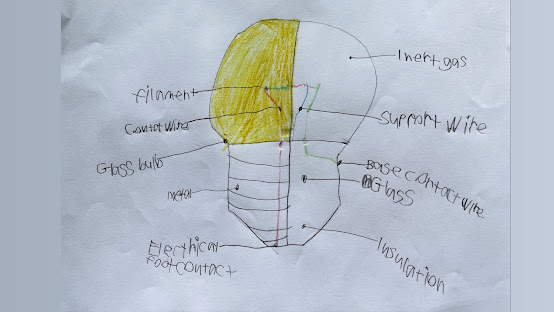Friday, November 5, 2021
Thursday, November 4, 2021
World War 2
The Holocaust also known as the Shoah, was the genocide of European Jews. Nazi Germany murdered 6 million Jews. Jews were held in concentration camps around Europe and Germany.
“After V.E Day we were still at war with Japan and it wasn’t until August 1945 that they were defeated with the dropping of two atomic bombs.
So the war was over and we had come through it pretty well – out of all the members of the family who were called up only one failed to come back. He was Leo De Botte, Margaret’s fiance and he was killed in a Wellington Bomber a few weeks before he and Margaret were to be married. He was 24.
So our life was fairly hectic. We were bombed several times, were attacked by Flying Bombs and subjected to the air raid sirens going off at all times. Joan’s family house was badly damaged and her Mum went to live in Blackpool with some of the family. Desmond and I had propped the basement of their house and made the cellar into a good air raid shelter. Then of course I joined the Home Guard and was taught how to handle a 303 rifle and grenades, In the first place we were very short of equipment but eventually we had it all. I used to go out two or three times a week and some weekends with the Home Guard. After the war I received a letter from King George V thanking me. On the home front we had food coupons, clothes coupons and we could only buy utility furniture.”
The coupons were the rationing. You could only buy these things with your allocation of coupons. All mums’s family and friends donated their clothes coupons to pay for her wedding dress.
Wednesday, November 3, 2021
World War l
-What was the cause of WW1?
Because a young Serbian patriot shot and killed archduke Franz Ferinand.
-When did WW1 start?
28th July 1914
-What countries fought in WW1?
over 30 nations declared war between 1914 and 1918. The majority joined the side of the allies. They opposed germany, austria, hungary, bulgaria and the ottoman empire.
-How many soldiers lost there lives?
around 9.7 million
-How many civilians lost there lives?
10 million
*21 million wounded.
-When did world war 1 end?
11th November 1918
-Why did WW1 end?
germany signed an armistice agreement with the allies.
-How did WW1 impact the world?
created numerous new nation states, encouraged independence movements in europe.
forced america to become a world power which led to soviet communism and the rise of hitler.
-WW1 can be described as 'A new type of war' why?
because as new technologies led to new weapons and even more horrific ways to bring death to the battlefield.
The battle of Somme
The battle of the somme in france took place from july to november 1916.
British forces suffered more than 57,000 casualties, 19,000 killed on the first day, making it the most disastrous day in the nations millitary history.
'one of the most bitter and costly battles of world war 1'
Prior to the attack, the Allies launched a week-long heavy artillery bombardment, using some 1.75 million shells, which aimed to cut the barbed wire guarding German defenses and destroy the enemy’s positions. On the morning of July 1, 11 divisions of the British 4th Army (many of them volunteer soldiers going into battle for the first time) began advancing on a 15-mile front north of the Somme. At the same time, five French divisions advanced on an eight-mile front to the south, where the German defenses were weaker.Allied leaders had been confident the bombardment would damage German defenses enough so that their troops could easily advance. But the barbed wire remained intact in many places, and the German positions, many of which were deep underground, were stronger than anticipated. Along the line, German machine gun and rifle fire cut down thousands of the attacking British troops, many of them caught in no man’s land.
Here is my picture i made.
Tuesday, November 2, 2021
Electricity
-What is electricity?
a form of energy resulting from the existence of charge particles either statically as an accumulation of charge or dynamically as a current
-How does electricity work?
electricity works by getting a bunch of conductor elements together and creating a flow of electron stealing patterns through them.
-What are some careers in electricity?
1.electrician (my dad is a electrician)
2.electrical installer
3.electrical inspector
4.electrical engineering
-What are some power sources other than electricity?
1.hydrogen gas
2.tidal energy
3.wind energy
4.biofuels
5.natural gas
-How do we get our electricity?
auckland generates most of is electricity from the south island. Renewable hydro, wind and geothermal.
-Do you think you could live without power?
No
The light bulb
-who invented the light bulb?
Thomas Edison
-What year was it invented?
1879


























